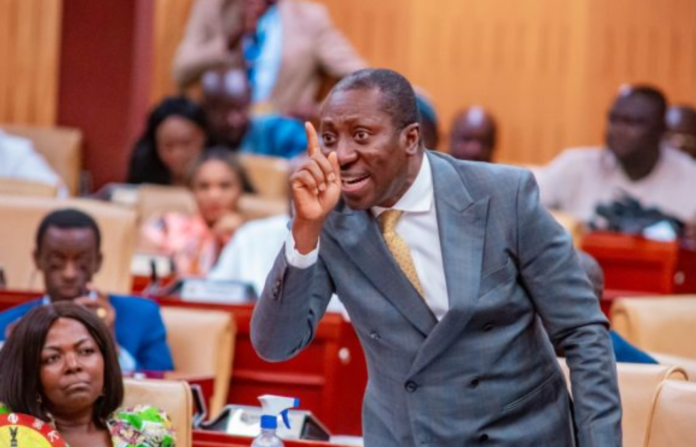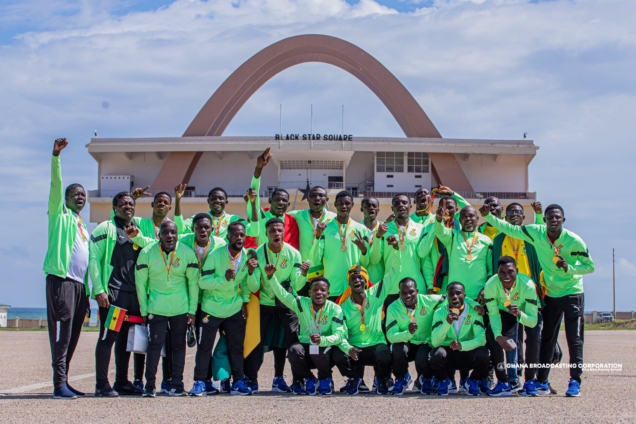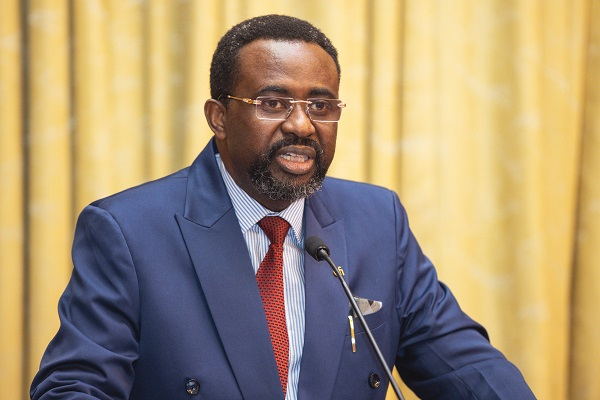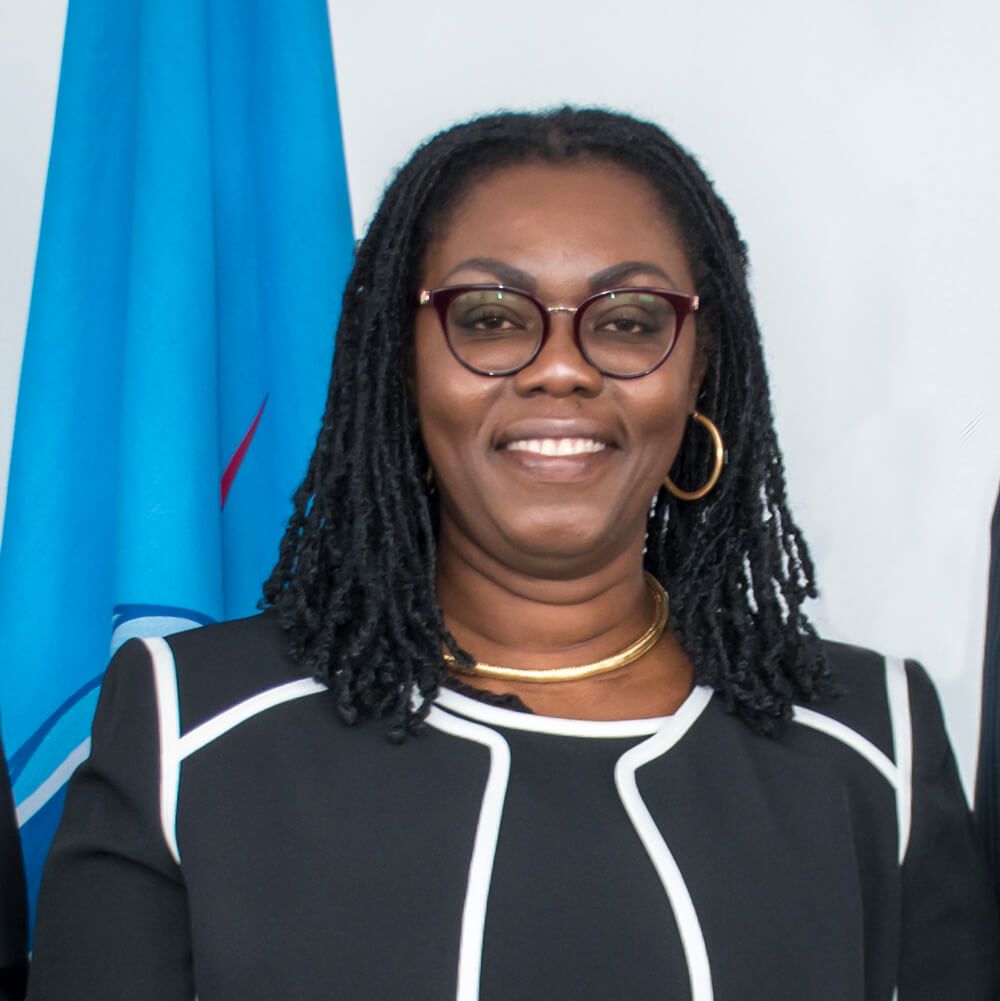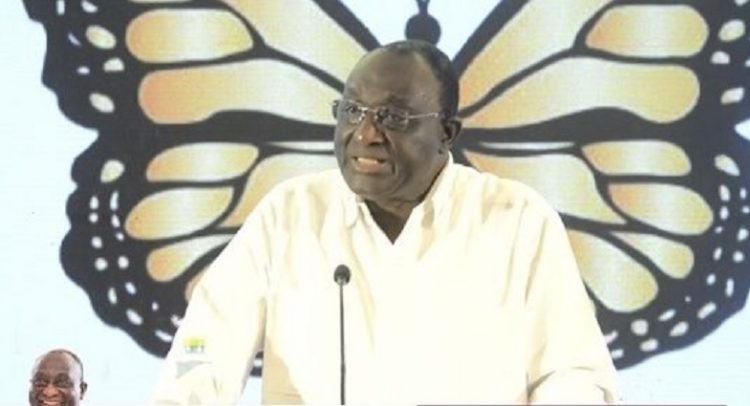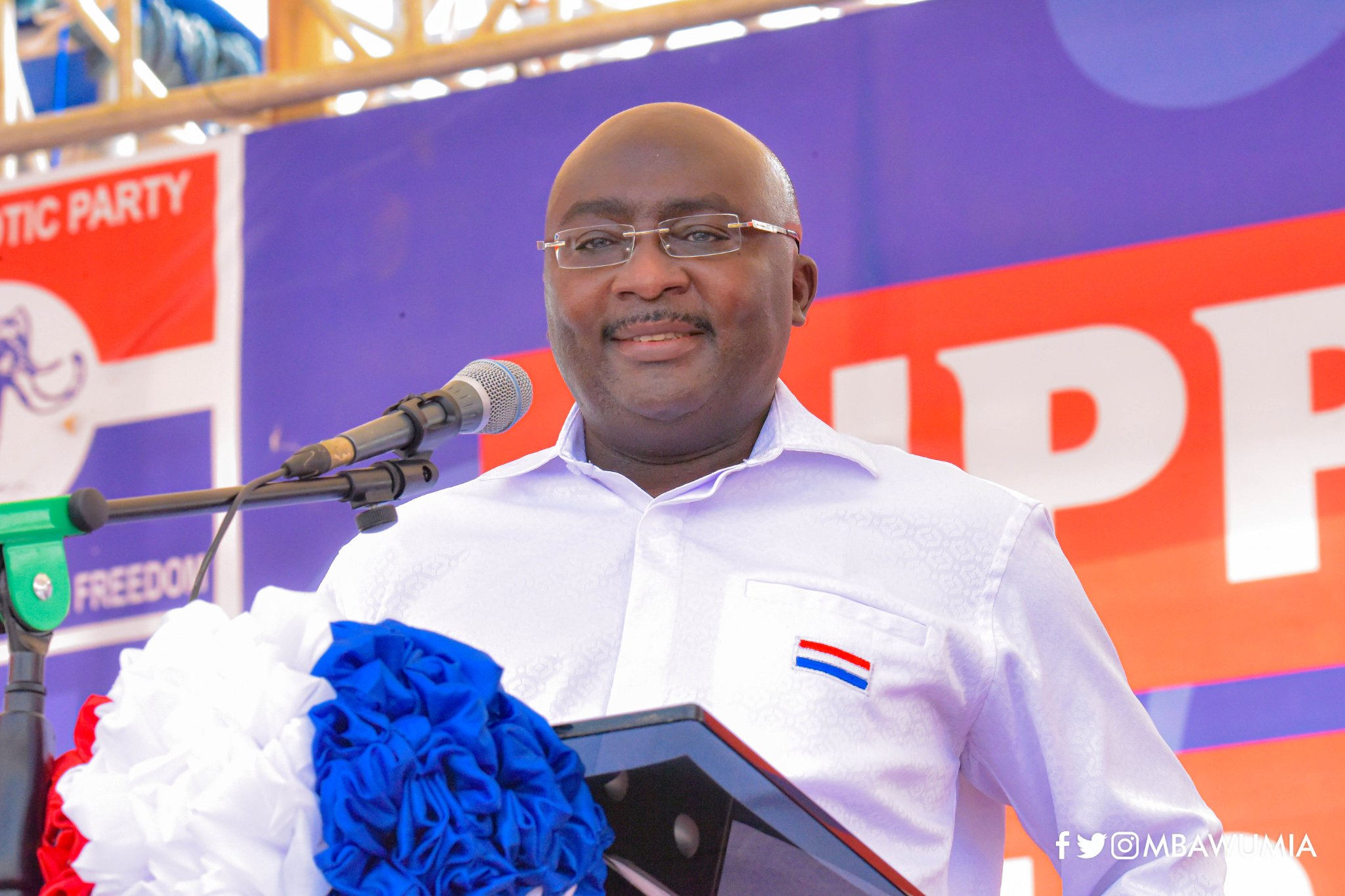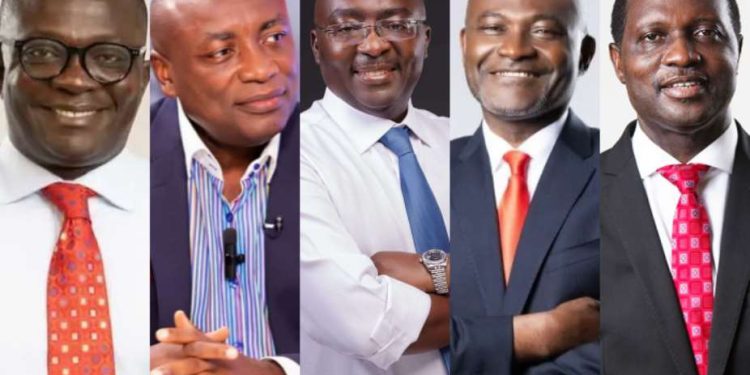Minority Leader, Alexander Afenyo-Markin, criticized the country’s political class on Tuesday for what he described as a collective failure to confront the scourge of illegal gold mining, known locally as galamsey.
Speaking at a policy seminar hosted by the Institute of Economic Affairs in Accra, Mr. Afenyo-Markin warned that partisan rhetoric had undermined national efforts to curb environmental degradation tied to unregulated mining operations.
“Frankly speaking, I think we all failed our nation,” said Mr. Afenyo-Markin, a lawmaker from the New Patriotic Party (NPP) representing the Effutu constituency. “We have to let the authorities know that we have no other alternatives; this must stop.”
The remarks come amid renewed public concern over the environmental and economic impact of illegal mining in Ghana’s resource-rich regions. Successive administrations have struggled to rein in the practice, which contributes to water pollution, deforestation, and land degradation—even as it supports thousands of informal miners in impoverished cocommunities.
Mr. Afenyo-Markin, who assumed the role of Minority Leader earlier this year, pointed to the 2020 general elections as a turning point in the politicisation of the issue. He claimed that campaign messaging by the then-opposition National Democratic Congress (NDC) framed the NPP’s enforcement actions as an attack on livelihoods in mining communities—costing the party votes in key constituencies.
“During the 2020 campaign, the message was that they [NPP] came to take your food away, so vote against them,” he said. “And the debate kept going to where we are. If we do the blame game thing, we will not get anywhere.”
While political parties continue to trade accusations over who bears responsibility, illegal mining has persisted, with artisanal operators often outpacing state efforts at regulation and enforcement.
Analysts say that without a coordinated, nonpartisan strategy, the country risks long-term damage to its natural resource base and water systems. Mr. Afenyo-Markin echoed that concern, calling for a “national orientation” that transcends party lines.
“It goes beyond the NPP, NDC arguments,” he said. “We need a whole national orientation toward protecting our resources.”
The call for unity comes as government agencies face mounting pressure from civil society, traditional leaders, and environmental groups to act decisively. Whether political will can overcome entrenched local interests and deep-rooted economic incentives remains to be seen.



